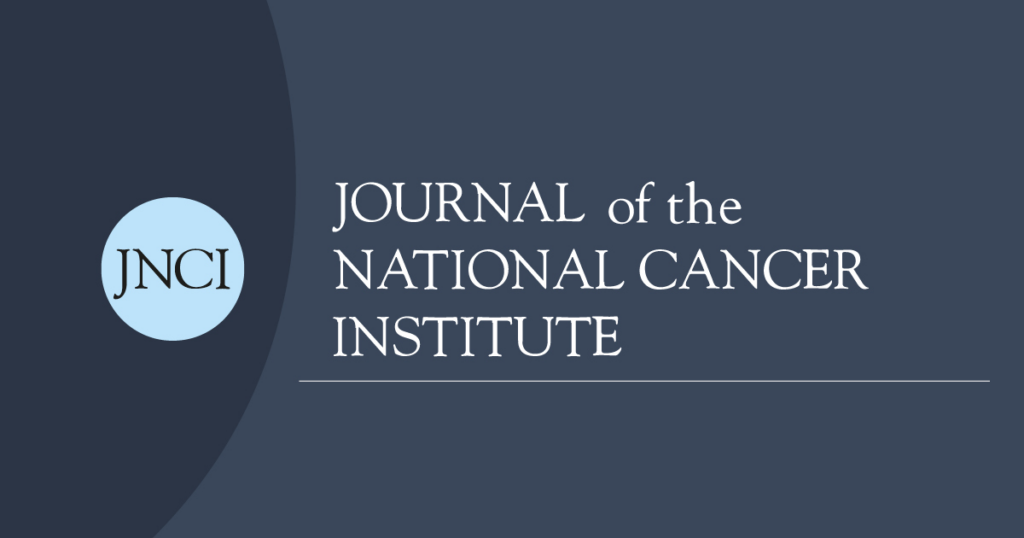
A 10-year prospective cohort study evaluates omitting radiotherapy in older women with low-risk breast cancer, providing evidence for potential treatment optimization in specific patient populations. The research focuses on outcomes in women aged 65 and older with early-stage, hormone-receptor-positive breast cancer who received breast-conserving surgery and endocrine therapy without radiotherapy.
Study Design:
- Prospective cohort study following 601 women aged ≥65 years (median age 71) for a median of 119 months
- Inclusion criteria: unifocal, non-lobular, grade 1 or 2, ER-positive, pT1N0 breast cancer
- Treatment protocol: breast-conserving surgery and 5-year endocrine therapy without radiotherapy
- Primary endpoint: local recurrence
- Secondary endpoints: contralateral breast cancer, recurrence-free survival, overall survival
- Regular follow-up with annual mammography for 10 years
Key Findings:
- Local recurrence rates: 1.5% at 5 years, 5.5% at 10 years
- Contralateral breast cancer incidence: 1.7% at 5 years, 4.5% at 10 years
- Overall survival rate at 10 years: 83.1%
- Breast cancer-specific mortality: 0.5% (3 patients)
- Median tumor size: 11 mm (range: 3-20 mm)

HCN Medical Memo
The study’s findings suggest that carefully selected older patients with early-stage breast cancer may achieve favorable outcomes without radiotherapy, potentially reducing treatment burden and associated side effects. This evidence supports individualized treatment approaches based on specific patient and tumor characteristics, though careful patient selection remains crucial.
More on Endocrine Therapy
 PATIENT EDUCATION
PATIENT EDUCATION  OBESITY/WEIGHT MANAGEMENT
OBESITY/WEIGHT MANAGEMENT  EXERCISE/TRAINING
EXERCISE/TRAINING  LEGAL MATTERS
LEGAL MATTERS  GUIDELINES/RECOMMENDATIONS
GUIDELINES/RECOMMENDATIONS